|
Think about the last time you had dinner with someone else. How much of it do you remember? Do you remember the textures and tastes of the food you had? Do you remember what you spoke about? Or maybe you were not fully engaged, checking emails, social media or even thinking about other responsibilities. You’re not alone if you can’t answer much of the first few questions. We live hectic lives, and we juggle so many responsibilities it’s not easy to stay present when we’re engaging in things that we do every single day. But you wouldn’t be reading this if you weren’t – like me – trying to find ways to be more mindful and grounded, in a distraction laden world. So, I’d like to share some of my go-to practices for when I just feel like I’m not being present enough with those around me.
At the end of the day, showing up with your presence is the best way to show someone you love and care for them. Hopefully you can take a little bit of something from any of these practices, not only to your valued relationships, but to everyone you meet. Enjoy your practice, Jess
0 Comments
29/11/2020 1 Comment Mindfulness for kidsMindfulness can be taught at any age, so maybe think about sharing your practice with your wee ones. Proven to improve focus and classroom participation; teach life skills such as compassion and kindness; and help guide them through dealing with difficult emotions, starting mindfulness at an early age can be pivotal to how your kids grow as little people. We all know how difficult adding in new habits to our kids routines can be (hello tantrums!), so let’s explore some fun ways to sprinkle some mindful habits into their days:
Happy practicing 🧘... |
Archives
April 2022
CategoriesAll Clients Experiences Family Life Health & Happiness Personal Development Recovery & Healing |
Services |
Company |


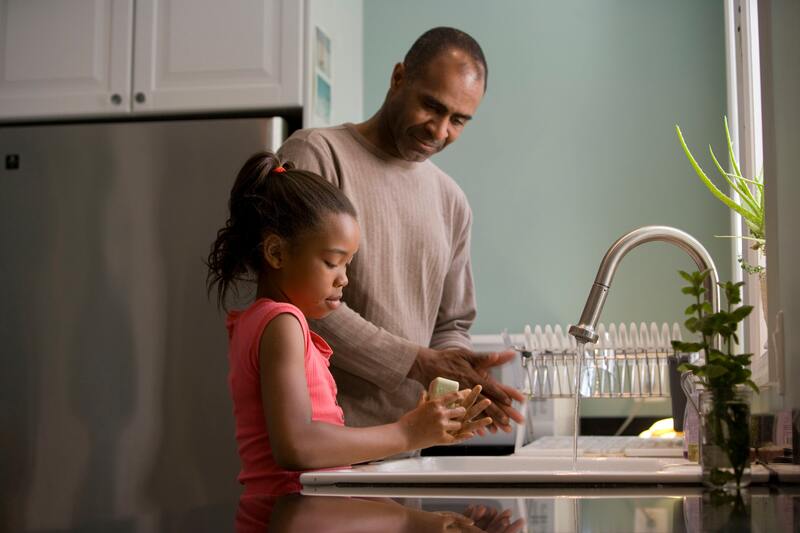

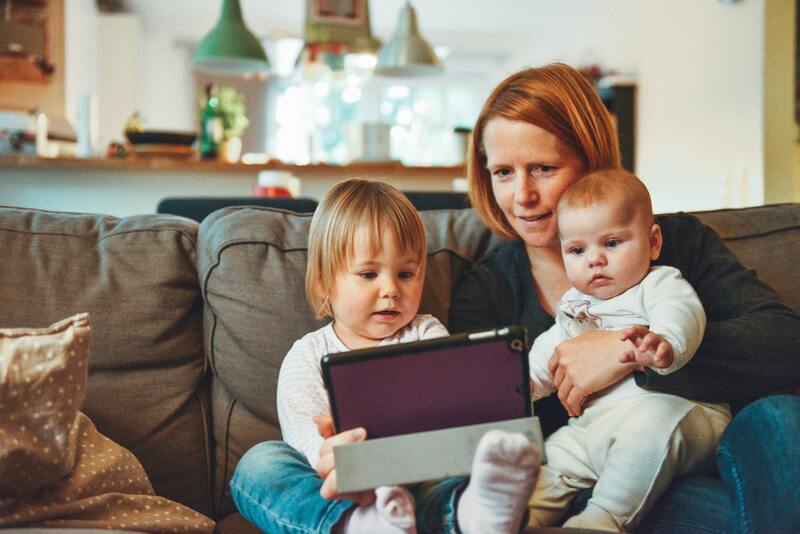
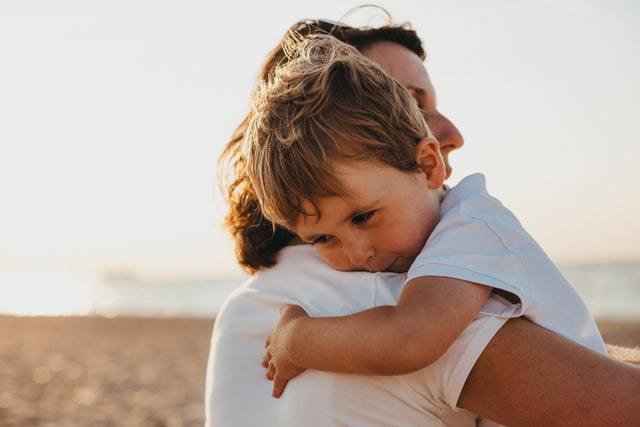
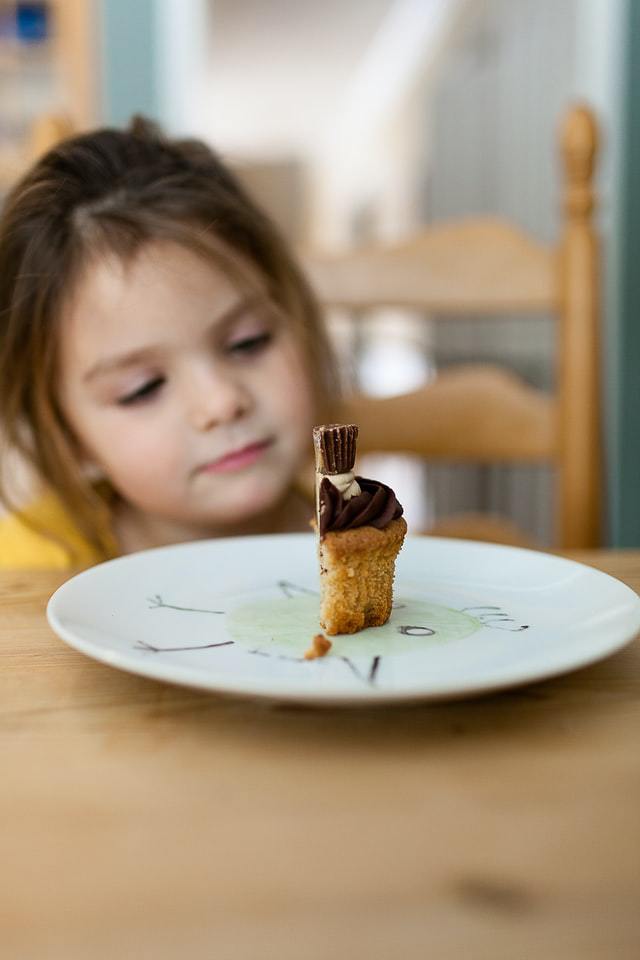
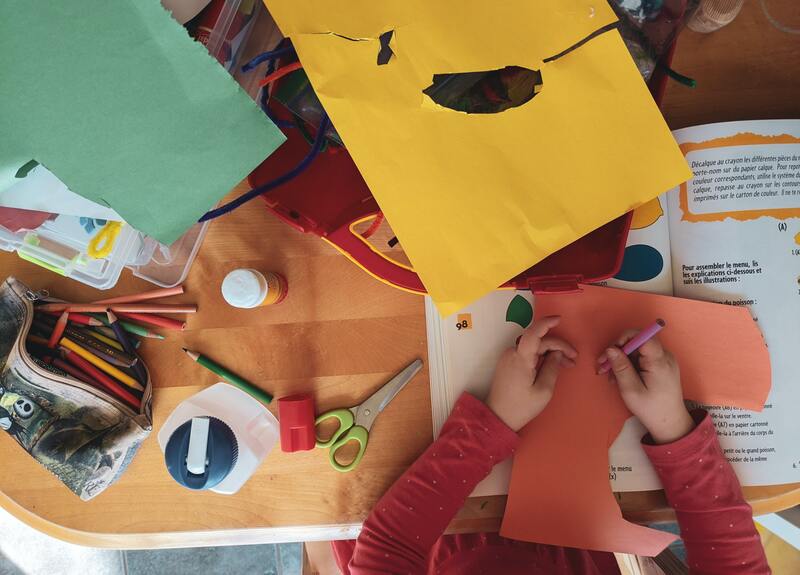
 RSS Feed
RSS Feed